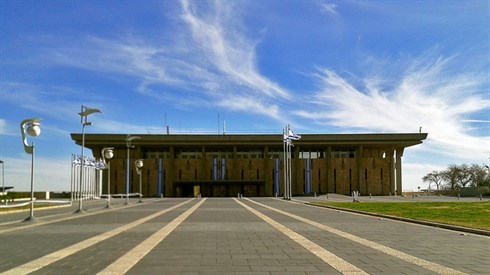- Torah and Jewish Thought
- Repentance
788
Question
What if an Orthodox Jewish soul commits a sin in which there are three things: 1) the sin is a serious matter, but 2) the person must know it is serious and then 3) the person must freely commit it, and then dies and God knew of no true repentance between the time the person committed the sin and his or her death? Under normal circumstances with no exceptions does this condemn the Orthodox Jewish soul to the eternal fires of hell as taught in Catholic Christianity in light of Tanach verses like Ezekiel 18:21-24?
Answer
Judaism is significantly different regarding our belief in hell. The idea of hell is clearly not central to Judaism and is almost not mentioned in the Bible nor in the Talmud. The reason is because Judaism is a “thinking” religion where the most important mitzvah (commandment) is to study, ask and ponder the depths of the Torah and her ideals. Accordingly the goal is to observe (not “obey”) the mitzvot because one identifies with their beauty, depth and Godliness, and wants to make the world a better place, not in order to go to heaven or to avoid going to hell.
The Talmud does say that hell is an educational experience limited to 12 months (Shabbat 33b), and afterwards, most are ready to enjoy the beauty and ideals of heaven. There, one continues his/her spiritual development until the world is ready for the revival of those deserving. There are very few in all Jewish history, that were so evil, they have no share in the world-to-come, and they are even listed by name in the Talmud. The verses you cited don’t mention any “eternal fires of hell”.

Stitches a chatzizah for the mikvah?
Rabbi David Sperling | Cheshvan 1, 5780

Why Celebrate Yom Haatzmaut
Rabbi Ari Shvat | Iyyar 5, 5771

Shaving for Yom Haatzmaut
Rabbi Yoel Lieberman | Nisan 24, 5770

On which day may one start wishing "Shabbat Shalom"?
Rabbi David Sperling | Iyyar 9, 5780

coffee creamer
Rabbi Ari Shvat | Adar 25, 5785

Follow up to "outdated Mitzvot", Sanhedrin, morality etc.
Rabbi Ari Shvat | Nisan 18, 5785




